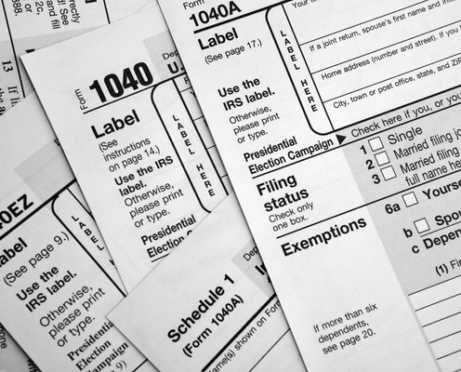
 A major expense in most household budgets is utilities (e.g., electricity, gas, water and sewer, landline and cell phone, and internet/cable). The highest utility cost is typically heating and cooling.
A major expense in most household budgets is utilities (e.g., electricity, gas, water and sewer, landline and cell phone, and internet/cable). The highest utility cost is typically heating and cooling.
Fall in most of the United States means the start of increased costs for home heating over the next six months. COVID-19 will increase these costs even more, as many families are spending more time at home during the day, working and/or remote learning.
The average household spends $2,060 for utilities, according to an estimate by Nationwide insurance, but costs vary widely according to a home’s size, the local climate, and utility usage patterns. But regardless of how much you pay for utilities, there are ways to pay less.
Consider these 10 money-saving ideas to prepare for the cold months ahead:
Lower Your Thermostat
Dial down the thermostat slightly when you are at home to save on heating bills. Even one degree lower can make a difference.
Caulk and Weatherstrip
Seal the bottom of doors and around windows to prevent cold air from entering. Home improvement stores sell supplies for this that will pay for themselves over the cooler months.
Lighten Up
Replace incandescent bulbs with compact fluorescent lamps that use less energy and last much longer. Shop around and stock up on light bulbs during sales.
Blanket Your Water Heater
Install insulation to direct heat back into your water heater. Also insulate pipes. Your utility provider may be able to provide specific guidance.
Turn Things Off
Stop using “phantom” energy when appliances are on standby. When computers, printers, and electronics are not being used, turn them off completely with a power strip.
Plug the Leaks
Add insulation behind electrical outlets and light-switch plates. While these spaces are small, they can be a source of heat loss. Again, consult a home improvement store.
Look for the Label
Look for the Energy Star rating and read Energy Guide labels when replacing major appliances such as a refrigerator or dishwasher. This will give you an idea of the long-term cost of using various appliances.
Watch Your Wash
Wash lightly soiled laundry in warm water, adjust water levels to match load size, and wash only full loads. Also, do not overdry clothes and make sure to clean the lint filter in your dryer.
Slow the Flow
Repair leaky faucets and install low-flow showerheads to reduce your water bill. Two other suggestions are to consider short showers and run only full dishwasher loads.
Insulate Your Attic
Add ceiling insulation to cut heating bills. Check the suggested amount of insulation for your area. Be sure to insulate any pull-down attic doors or hatches and put a winter cover on whole house fans.




